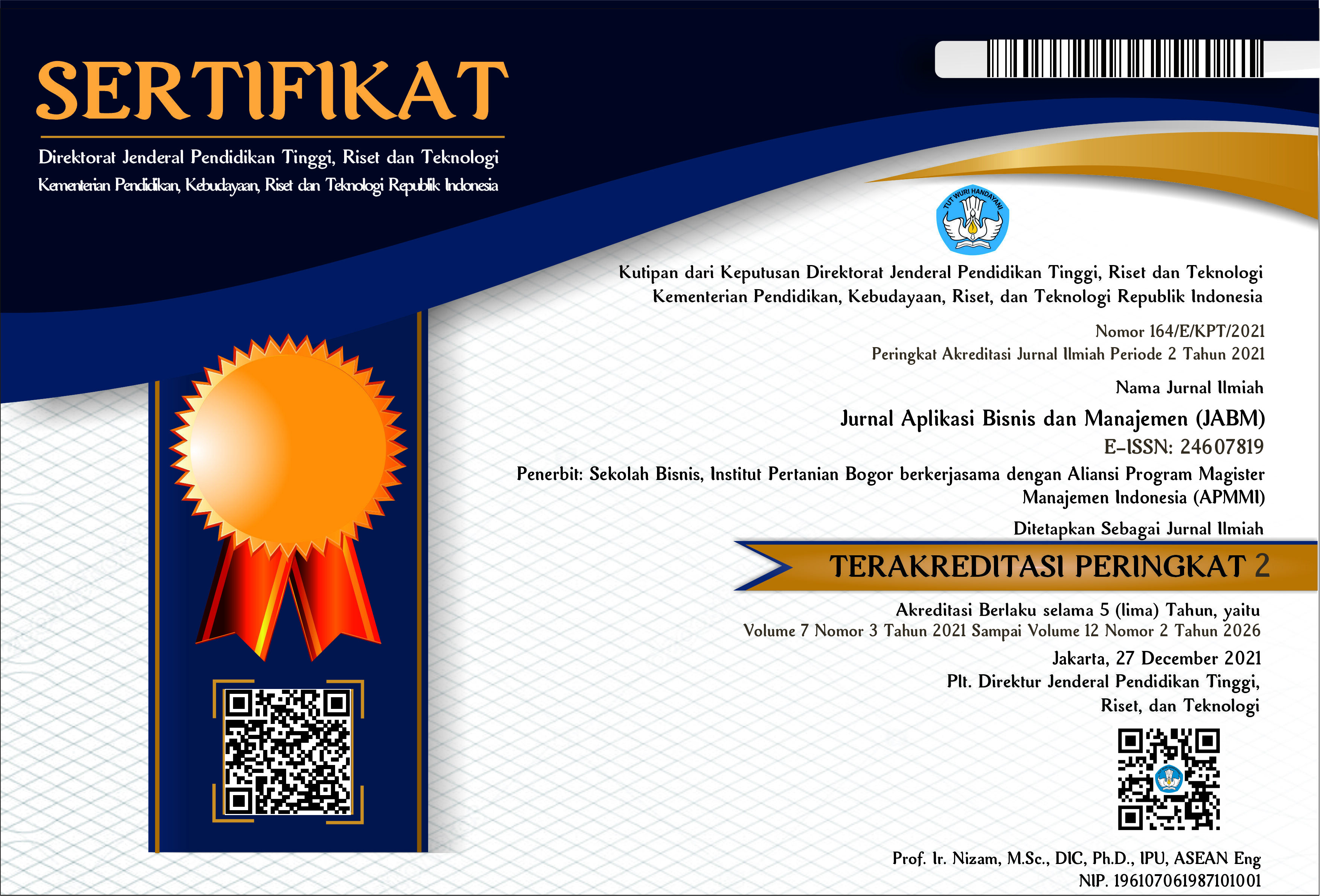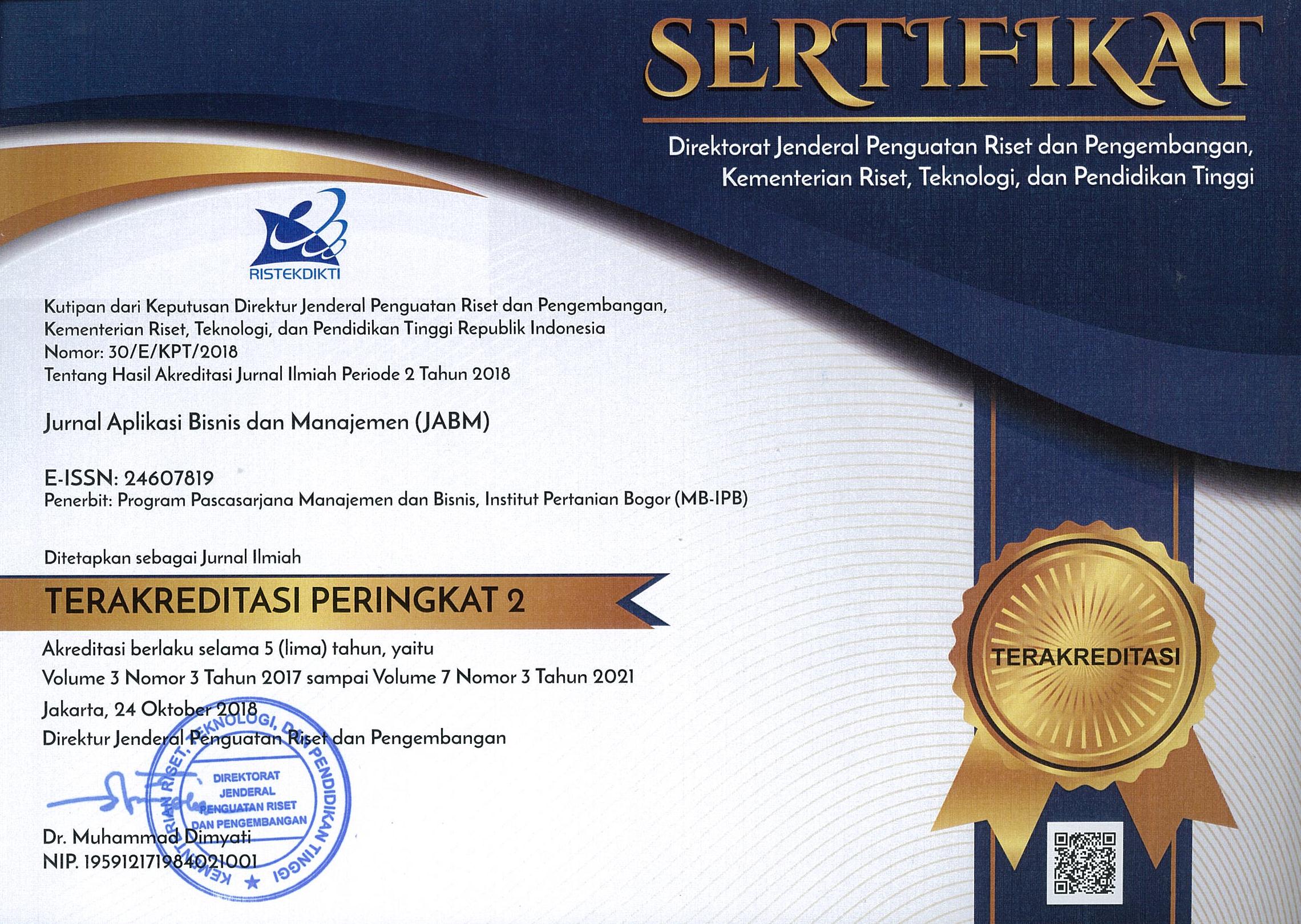Exploring The Employee Characteristics On Employee Engagement and Performance Towards Organizational Performance of Central Bank
Abstract
Background: Bank Indonesia, as the central bank with a special task of maintaining financial system stability and macroeconomic policy, must be supported by good human resources. In this case, talent management becomes an important part in the recruitment of quality human resources by Bank Indonesia.
Purpose: This study examines the relationship between employee characteristics and key talent outcomes, including employee engagement, employee performance, and organizational performance, at Bank Indonesia.
Design/methodology/approach: The research employs a quantitative approach, utilizing data collected through questionnaires, semi-structured interviews, and focus group discussions from 30 work units at the head office, 46 domestic representative offices, and five foreign representative offices. Descriptive statistics and Chi-square tests are used to analyze the associations between respondent profiles and the research variables.
Findings/Results: The results reveal significant relationships between several employee characteristics (e.g., generation, rank, tenure, age, employment status, sector) and the studied variables.
Conclusion: The findings highlight the importance of considering employee demographics in talent management strategies to foster engagement, optimize performance, and enhance organizational effectiveness in central banks.
Originality/value (state of the art): This study contributes to the existing literature on talent management in central banks and offers a foundation for further research and evidence-based practices in diverse organizational contexts.
Keywords: central bank, employee engagement, employee performance, organizational performance, talent management







